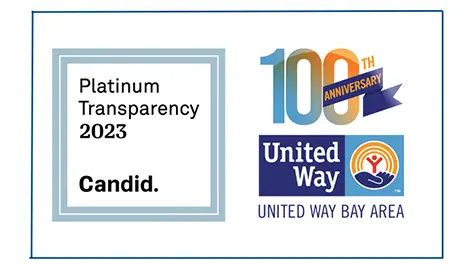Search
What You Need to Know About the Golden State Stimulus
January 26, 2021
January marks the beginning of budget season in Sacramento, with the Governor issuing his initial budget proposal for the year. The proposal lays out the administration’s wish list for spending on a wide range of issues that encompass everything from education, housing, healthcare, and safety-net systems. This also marks the beginning of a months-long negotiation process with the legislature that will culminate in a final budget signed into law in June.
While statements about budgets and spending priorities can sometimes be dry, they can also act as a statement of values on behalf of a government and serve as an outline for what services are prioritized and for whom. This year, Governor Newsom included a proposal that clearly prioritizes those hit hardest by the economic impacts of the COVID-19 pandemic by introducing the Golden State Stimulus. Since this proposal is designed to provide immediate assistance to Californians, it is likely that the legislature will vote on the stimulus earlier in the year, rather than through the regular May/June budget process.
If passed by the legislature, the Golden State Stimulus would provide a direct cash payment of $600 to all families who qualified for the California State Earned Income Tax Credit (CalEITC) in 2019. The proposal goes even further by providing this payment to immigrant tax filers who became newly eligible for the CalEITC in 2020. All working Californians with incomes below $30,000 are eligible for the credit and Governor Newsom’s proposal clearly demonstrates a commitment to helping the lowest income working families.
Prior to the COVID-19 pandemic, low-wage workers were already struggling with housing instability, food insecurity, and lack of access to quality healthcare. The economic impacts of the pandemic have only served to exacerbate these problems, pushing more of our state’s residents deeper into poverty and putting them at much higher risk of experiencing homelessness. These hardships are especially pronounced in the immigrant community, many of which were ineligible for federal stimulus payments and safety net services due to their immigration status.
California has already demonstrated its commitment to the immigrant community by expanding access for the CalEITC to all taxpayers regardless of immigration status in 2020. The challenge now lies in ensuring we can connect as many of these newly eligible Californians to the tax credit as possible. This will require a concerted outreach and education effort to the lowest income Californians to make sure they file their taxes so they can access the credit and the newly proposed stimulus.
United Ways across California, which includes the Bay Area, provides this service through its Volunteer Income Tax Assistance (VITA) programs. This program, funded by the IRS and multiple philanthropic partners, works to provide free high-quality tax assistance to all individuals earning up to $50,000 per year. In the Bay Area, our Earn It! Keep It! Save It! (EKS) program serves thousands of taxpayers every year with free tax assistance and brings millions of dollars in tax credits back into workers hands and into our communities.
Across the state, 3.9 million Californians accessed the CalEITC last year, generating $1.1 Billion worth of tax credits. That’s a billion dollars of direct support that is going directly back into our local economies. The newly proposed stimulus will provide another critically needed boost to the workers that need it most. United Way Bay Area and the California United Way network fully support the Governor’s proposed stimulus and will continue to advocate for its passage in the legislature. Doing so will ensure that more of California’s low-income workers can meet their basic needs and get on a path to economic success.


